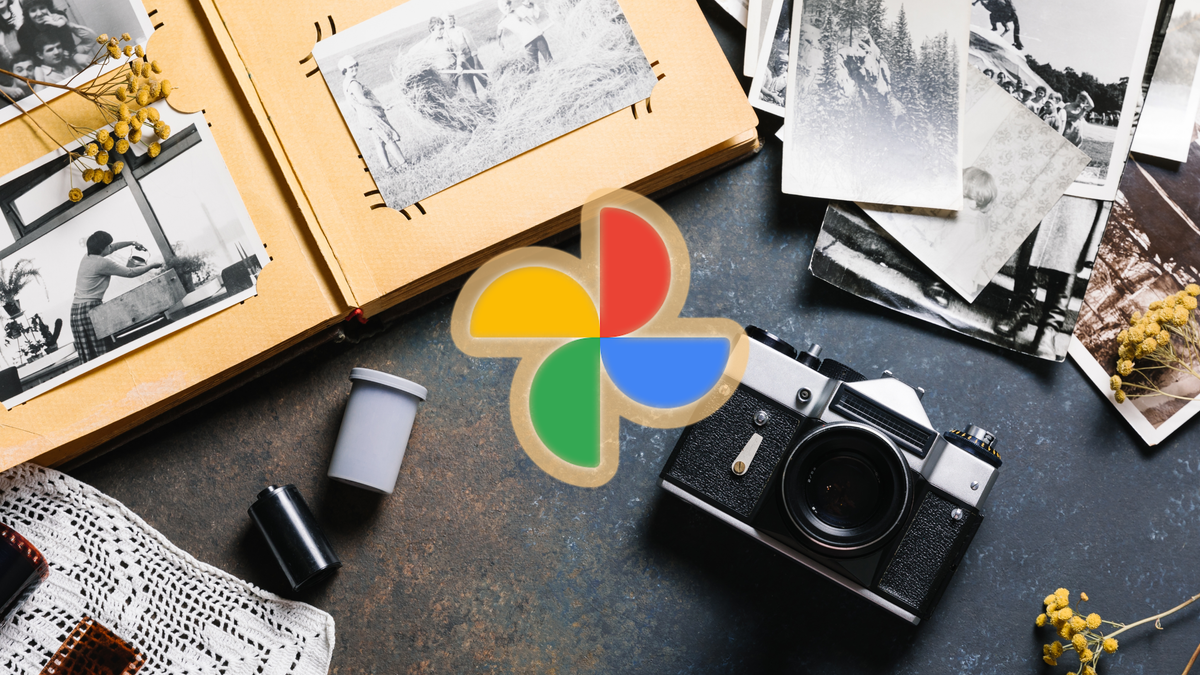Leak in iCloud? 600,000 euros in cryptocurrencies and NFTs stolen
a special cryptowallet in iCloud has been hacked. In seconds, the hackers stole $600,000 worth of cryptocurrencies and NFTs. What is going on?
Read on after the ad.
iCloud wallet doesn’t seem completely watertight
Domenic Lacovone has fallen victim to a major crypto heist via iCloud. He got a call from “Apple Inc.” stating that his account had been ‘compromised’. The caller only needed a code, which he received as a text message, to solve the problem. In addition, ‘Apple Inc.’ with this also ‘check whether he was actually the owner of the account.’
Having previously received multiple emails of failed login attempts to his Apple ID, Lacovone was somewhat suspicious. And rightly so: his online wallet had been completely emptied. He was a victim of a phishingattack. An amount of 600,000 euros in crypto coins and NFTs (a kind of proof of ownership of digital objects) disappeared in the blink of an eye.
Crypto is safe in your iCloud, but beware
phishing, where criminals masquerade as the customer service of an official agency like your bank or Apple is becoming more common. It also explains how the hackers got into the victim’s iCloud. From there, the thieves could also access the MetaMask app.
The crypto wallet app MetaMask automatically creates a kind of backup with important data in your iCloud. This gave the hackers access to the crypto account. In a tweet In response to this story, the company tells you how you can (quickly) disable this function.

What can I do against phishingpractices?
The moral of the story: Try to store as much of your important data offline as possible and never give verification codes to anyone, least of all over the phone to a party pretending to be Apple. This is the best way to protect your information. iCloud is in itself a very secure service from Apple.
In addition, you should never give your phone number or your personal email to a stranger. The information you see on your display with a call is easy to falsify. Companies like Apple will never call you.



